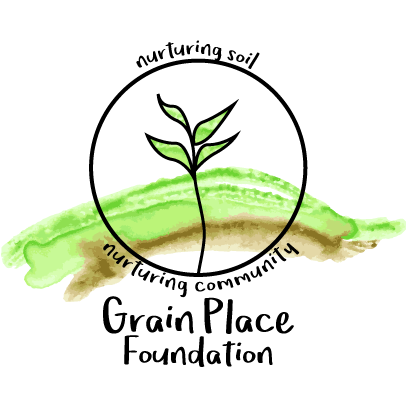Our 2020 Interns at the Grain Place Foundation
Education in farming practices is most effective in the field, where hands-on activities provide new experiences for those without a farm background. One of the educational missions of the Foundation is to provide and opportunity for students to work side-by-side with experienced farmers on the long-term rotation and other projects under way at GPF. This...
Research Summary: Economic Analysis of Corn and Soybean in Nine-year Diversified Rotation
by David Vetter, Richard Little, and Charles Francis, July 2020 The nine-year diversified, irrigated organic rotation at the Grain Place was established in 2002 with two replications and average plot size of 12 acres. There are five years of organic crops, and four years of hay and pasture. We analyzed corn and soybean yields and...

